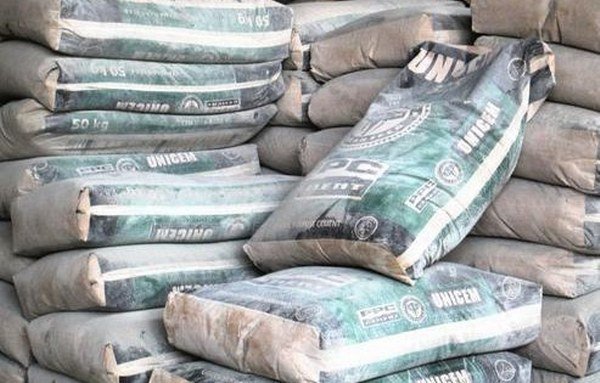Samson Muchirahindo
Prices of cement have skyrocketed over the past days on black market with a 50 kilogramme bag of cement now costing between $20 and $25 against the recommended retail prices of $11,50 for PC and $10 for masonry.
A survey across most retail outlets in the country showed that the shops were in short supply of the commodity despite suppliers assuring that they have enough stocks.
The shortage has forced the rise at black market over the past month, at first it was between $15 and $20 on black market with now $20 being the lowest price.
A seller, Mr Isheanesu Tahwei said the rise of cement price was being necessitated by its shortage.
“It will be wrong for one to say we are being heartless by increasing prices, the situation is forcing us. It is hard to come by now so we are capitalising on the little supplies we have,” he said.
Tendai Magumikisa said suppliers should increase production to normalise the situation.
“The law of supply and demand is at play here, once cement floods on the market prizes will fall,” he said.
A statement released by the Cement and Concrete Institute of Zimbabwe (CCIZ) last week indicated that the industry may not be able to cope with the rising demand, estimated at 30% year-to-date since the same period last year, unless foreign currency shortages were addressed to reduce plant downtimes.
CCIZ consists of Zimbabwe’s largest cement manufacturers, namely Lafarge Cement Zimbabwe, PPC Zimbabwe and Sino-Zimbabwe.
“The construction sector in Zimbabwe has been experiencing significant growth since July 2017. This has resulted in a significant increase in cement demand, estimated to be at 30% year-to-date versus same period last year,” CCIZ said in the statement.
“The sharp rise in demand requires that all cement manufacturers operate their plants at 100% capacity utilisation to satisfy the market. This is, however, not possible due to incessant plant breakdowns caused by spares shortages.
“Under the current economic conditions, the industry has been facing significant challenges in procuring spare parts from foreign suppliers as access to foreign currency remains difficult.
“This has, therefore, caused delays in the turnaround time for attending to breakdowns, limiting our capacity utilisation significantly. We are appealing to relevant arms of government to assist in facilitating priority allocation of foreign currency so as to expedite procurement of the required spares and equipment.”














